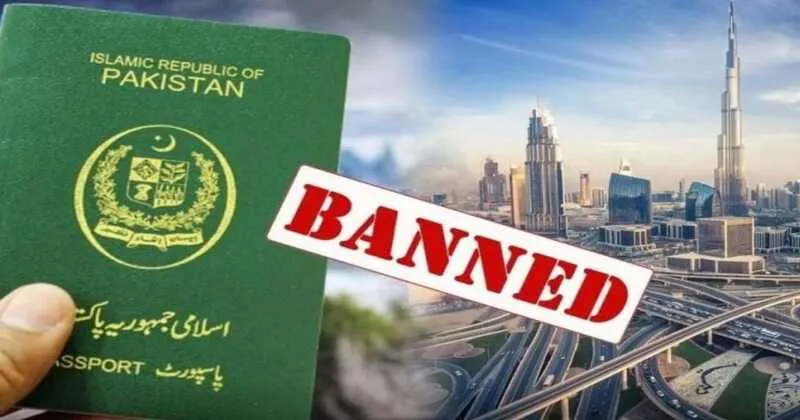UAE Shocks Pakistan: Freezes Visas Amid Rising Crime and Begging Racket in Dubai & Saudi
Related Articles
दिल्ली में AI समिट के दौरान युवा कांग्रेस ने भारत-US ट्रेड डील के खिलाफ जोरदार विरोध प्रदर्शन किया
दिल्ली में हाल ही में आयोजित AI समिट के दौरान भारतीय युवा कांग्रेस के कार्यकर्ताओं ने भारत-US ट्रेड डील के खिलाफ एक बड़ा प्रदर्शन...
Tamil Nadu BJP Issues “Report Card”, Rates Ruling DMK “All Fail”
The Bharatiya Janata Party (BJP) made a pointed critique of the ruling Dravida Munnetra Kazhagam (DMK) government in Tamil Nadu by introducing a "report...
iPhone 16 Plus Available at Record Low Price, Biggest Price Drop Yet
The iPhone 16 Plus has recently experienced a significant decrease in its retail price, making it more accessible for consumers. This price drop arrives...


